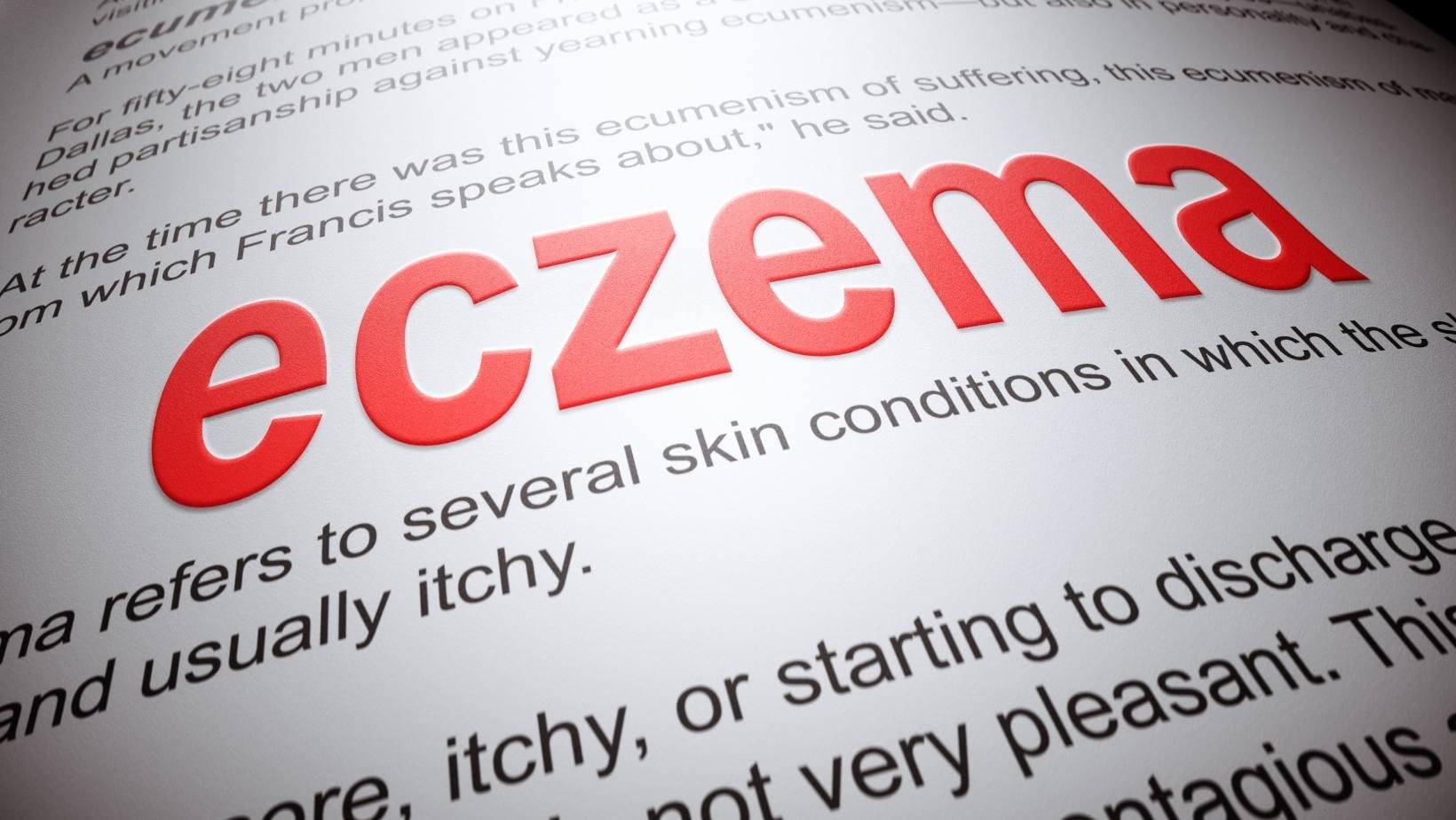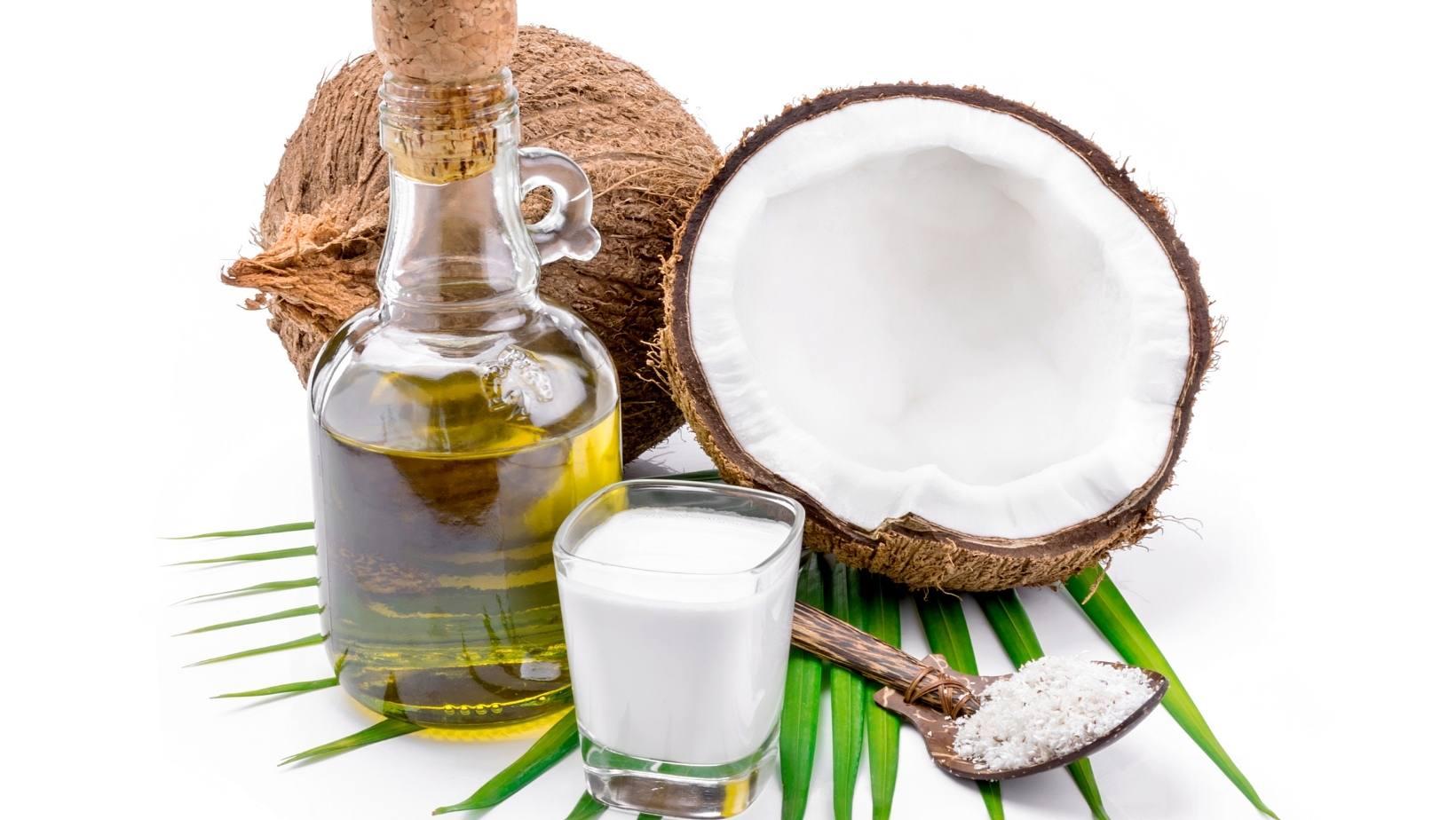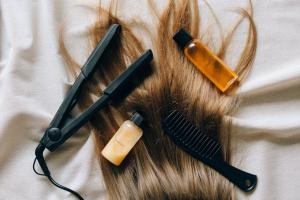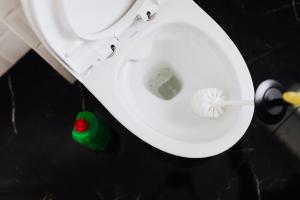
Around 10% of Britons suffer from chronic eczema, and with no one-size-fits-all solution for the condition, it can be tricky navigating the world or topical treatments to find something that works for you.
In this blog, we cover some of the best natural ways to treat eczema if a topical steroid cream isn't the right solution for your skin.
Causes and Triggers For Eczema Flare-Ups
There are a number of factors that can affect and contribute to an eczema flare-up; including laundry detergent, wool, humidity and stress.
Another proven factor that can seriously affect eczema is hard water. The magnesium and calcium present within hard water absorbs the natural oils and moisture in our skin, which breaks down the natural defensive barrier our skin has to protect itself, leaving it open and vulnerable to attack from allergens, fungi and bacteria.
Natural Topical Treatments For Eczema
Prescribed by your GP, steroid creams are the most common way to manage eczema. They can help reduce the irritation and dryness caused by eczema; however, they do not cure it. They also are not advised to be used long term due to the potential nasty side effects that can occur when used every day for an extended period of time.
We have taken a look at some of the natural alternatives that you can use to minimise the appearance and discomfort of eczema. We suggest you speak to your GP first before applying any of these topical remedies, firstly to confirm the diagnosis and secondly to ensure you use the right treatment, as every individual is different, what works for one person may not for another.
Coconut Oil To Treat Eczema
Coconut oil has long since been regarded as an excellent natural moisturiser, which can be used on our hair and body, eaten or used in cooking.
According to the National Eczema Association, the antibacterial properties of coconut oil can reduce staph bacteria present on the skin, which helps minimise the risk of infection. This is important for people with eczema because patches of inflamed skin may crack and ooze, allowing bacteria to enter, leading to the skin worsening.
Aloe Vera Gel To Treat Eczema
Similar to coconut oil, Aloe vera has been used for centuries in the treatment and care of our skin. Egyptian queens Nefertiti and Cleopatra used it as part of their regular beauty regimes, and Alexander the Great and Christopher Columbus used it to treat soldiers' wounds.
Aloe vera possesses some very beneficial properties when it comes to relieving and treating eczema, including antimicrobial properties, which kill any bacteria or fungi causing infections in the already vulnerable skin.
Aloe Vera also has prominent healing properties, as it contains polysaccharides and high antioxidant content. These both promote skin healing and regeneration as well as boosting immunity to prevent further dryness and irritation.
Colloidal Oatmeal To Treat Eczema
Colloidal Oatmeal has been used as a salve for itchy, dry or irritated skin for a large part of human history, and it's easy to see why.
Colloidal Oatmeal is produced by grinding oat grain into a fine powder. Research shows its unique compounds contain antioxidant and anti-inflammatory properties, protect your skin's moisture, and ease discomfort. It's considered an emollient (a substance that softens or soothes the skin) because it packs fats, proteins, vitamins, minerals, and other nutrients that have been shown to benefit the skin.
How Can A Water Softener Help Treat Eczema?
A 2017 study from the University of Sheffield concluded that washing with hard water could damage the skin barrier that protects the outer layers of our skin. The dissolved minerals in hard water create a high pH level, and alkaline pH can interfere with our skin's natural balance, damaging the skin barrier and leaving it vulnerable.
The problem is made worse when standard soaps can't be entirely washed away with hard water, and we are left with a sort of soap scum film on our skin. A study carried out by Guy's and St Thomas' Hospital in London looked at whether soft water can prevent eczema.
Soft water is gentler on your skin; in fact, research findings from skincare experts Salcura show that parts of the UK with soft water require fewer deliveries of eczema treatment products. If you are a part of the 60% of Britons living in a hard water area, you can solve your dry skin issues by installing a water softener.
Reduce Your Stress To Reduce Eczema Flare-Ups
Although it is unclear exactly why, eczema flare-ups can be induced through stress, and the change in hormones play a part in developing inflammation. Committing to regular relaxation and mindfulness techniques can, in the long term, help to reduce the severity of your eczema flare-ups as well as improve other areas of your life, including your overall physical and mental health.
Relaxation techniques that may help include:
- Meditation
- Light exercise
- Deep breathing
- Music therapy
- Tai Chi
- Yoga
We hope that one of these solutions can bring some relief to you and your skin. If you would like some more information on how installing a water softener in your home can help treat eczema or want to book a home consolation, contact Kinetico today to speak to one of our water softener experts.










